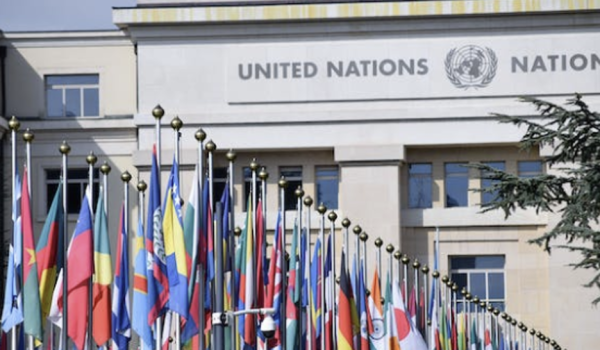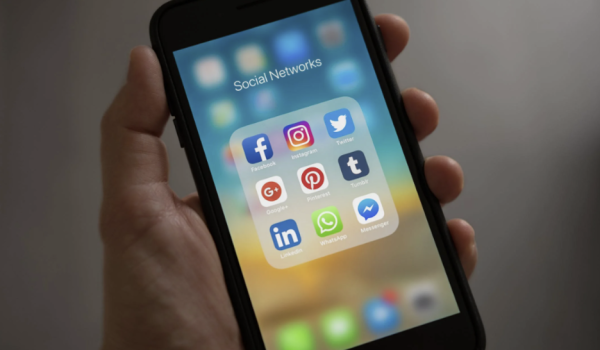Ever wondered when it was that the human race spread it dominance over Earth? Scientists have. New study suggests it was in the not so long ago year of 1610.
Ecologist Simon Lewis at University College London and geologist Mark Maslin of Leeds University narrow it down to two events. One was the crops of pollen, imported from the New World, across Europe, and the other – a massive dip in carbon dioxide levels seen in Antarctic ice cores dating to that time.
The connection between both these events was the fact that they resulted from the increased trade and transport of animals and plants across the Atlantic Ocean. Someone had broken the wall between the Old and New Worlds that separated them for millions of years.
The two scientists believe that the global dip in carbon dioxide was due to millions of victims in the aftermath of European colonization. About 50 million Native Americans died during the European expansion into the New World, mostly hit by infectious diseases such as smallpox. Forests re-grew with the loss of agriculture and they scrubbed the atmosphere of carbon dioxide.
According to Lewis and Maslin this was the first time human actions had a truly global impact because connecting the two worlds changed the entire biosphere of the planet.
Support us!
All your donations will be used to pay the magazine’s journalists and to support the ongoing costs of maintaining the site.
Share this post
Interested in co-operating with us?
We are open to co-operation from writers and businesses alike. You can reach us on our email at [email protected]/[email protected] and we will get back to you as quick as we can.









